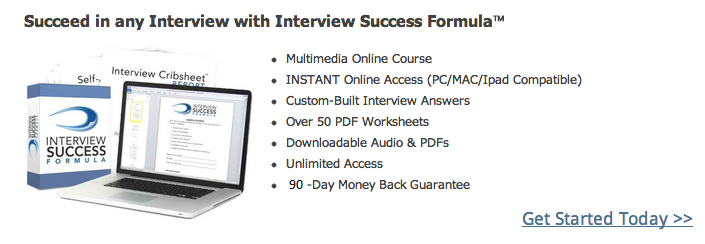Having solid answers for each question at a job interview, requires strong preparation, confidence and knowledge for how to navigate the various twists and turns you may face.
To learn how to manage these plot twists and answer interview questions well, here is advice from one of history’s master writers, William Shakespeare. Below you’ll find quotes from Shakespeare’s plays and learn how this 500+ year old advice can help you today with your next interview.
Shakespeare: “Things without all remedy Should be without regard: what's done, is done.”
Interview Speak: “When you flub an interview question, let it go.”
At an interview, you never know what question will be thrown at you. At times you will make a make mistake. If you can, make a one-sentence recovery, but after that let it go.
Dwelling on these mistakes will make you nervous. Further, trying to create a lengthy explanation to correct the mistake, will just cause undue focus on it and will distract the interviewer. What’s done is done. Move on quickly.
Shakespeare: "Done to death by slanderous tongue Was the Hero that here lies."
Interview Speak: “Speaking poorly of others can lose you a job.”
Your interviewer may throw you a question that asks about your perception of previous companies and managers. Don’t speak poorly of them, even if the interviewer does. Your interviewer won’t know whether the criticism is merited. As a result, you will be perceived as a negative person who speaks ill of others.
Shakespeare: “as tedious as twice-told tale, vexing the dull ear of a drowsy man”
Interview Speak: “Don’t bore your interviewer by repeating yourself or offering excessively long answers.”
In an interview, when you’ve answered the question, don’t repeat yourself. Move on.
Shakespeare: “Wisely, and slow. They stumble that run fast.”
Interview speak: “Think before you speak. Answer slowly and confidently.”
If you speak too quickly, you will look less confident and your interviewer may not understand what you’re saying. Furthermore, you give your brain less time to process each question and answer accurately. So that you don’t stumble, take a breath before each answer, than carefully provide each response.
Shakespeare: “There's no art to find the mind's construction in the face.”
Interview speak: “Look for facial cues from your interviewer.”
At times during an interview, you may be wondering, how is the interview going? In what areas should I focus more attention? Should I ask a question now? The answers are often in the interviewer’s face. If the interviewer seems fully engaged in what you are saying, you are on the right track. If the interviewer seems distracted or bored it’s time to change direction. Ask a question. Provide different types of information. Change the length of your answers.
Shakespeare: “Words, words, mere words, no matter from the heart.”
Interview speak: “Show enthusiasm and passion for the work.”
An interviewer wants to know not only that you have the technical capacity to do the work, but also that you would enjoy the work, and because of this enjoyment bring to it energy and enthusiasm. If you sound too robotic, you will be dismissed out of hand. Show energy for it.


